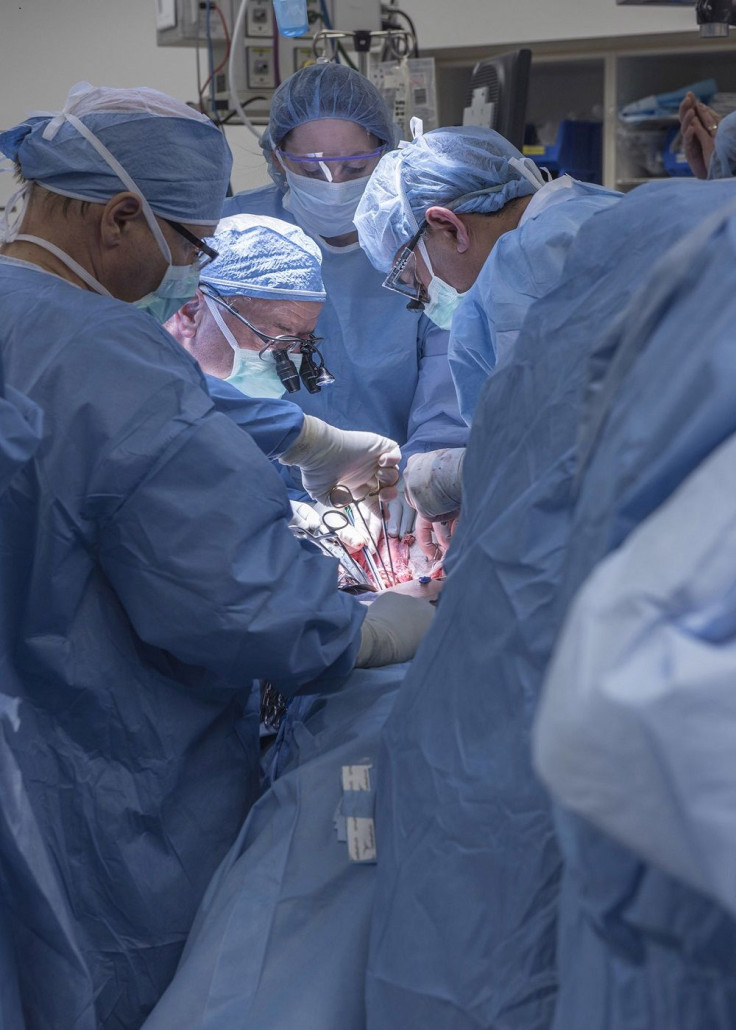Despite unsuccessful uterus transplant, patient still hopeful of becoming pregnant someday

Even if the first uterus transplant in the US was not successful, the 26-year-old patient is still hoping that one day she would still bear a child. On Monday, the woman, identified only as Lindsey, appeared at the Cleveland Clinic’s press conference when it was announced that the uterus transplanted on her was removed.
The procedure was reversed two weeks after the uterine transplant on Feb 24 because of complications, reports Gizmodo. Lindsey is in stable condition, and her situation is under review, doctors said. Her eggs were removed before the transplant and cryogenically frozen for fertilisation and implantation had the procedure been successful.
The doctors says solid organ transplantation has a known risk of having to be removed if complications arise, and the team took all the needed precautions and measures to ensure Lindsey’s safety. The patient will stay at Cleveland Clinic for one or two more months, and after that she could go home and return to a fairly normal family life, says Rebeccaa Flyckt, OB-gynecologist.
Jezebel reports that Lindsey found out that she could not bear children when she was 16. So, she and her husband have adopted three boys, but being chosen as one of the 10 women to undergo the transplant gave her hope of having biological children, only for that hope to be broken by complication.
What happened to the first patient will not affect the nine other women with the condition Mayer-Rokitansky-Küstr-Hauser syndrome, whom the Cleveland board has approved for uterine transplantation. After all, the technology is safe since five healthy babies have been born to women who had the procedure in Sweden.
Cleveland Clinic said in a statement, “The study, which has been planned to include 10 women, is still ongoing with a commitment to the advancement of medical research to provide an additional option for women and their families.”






